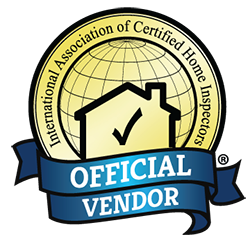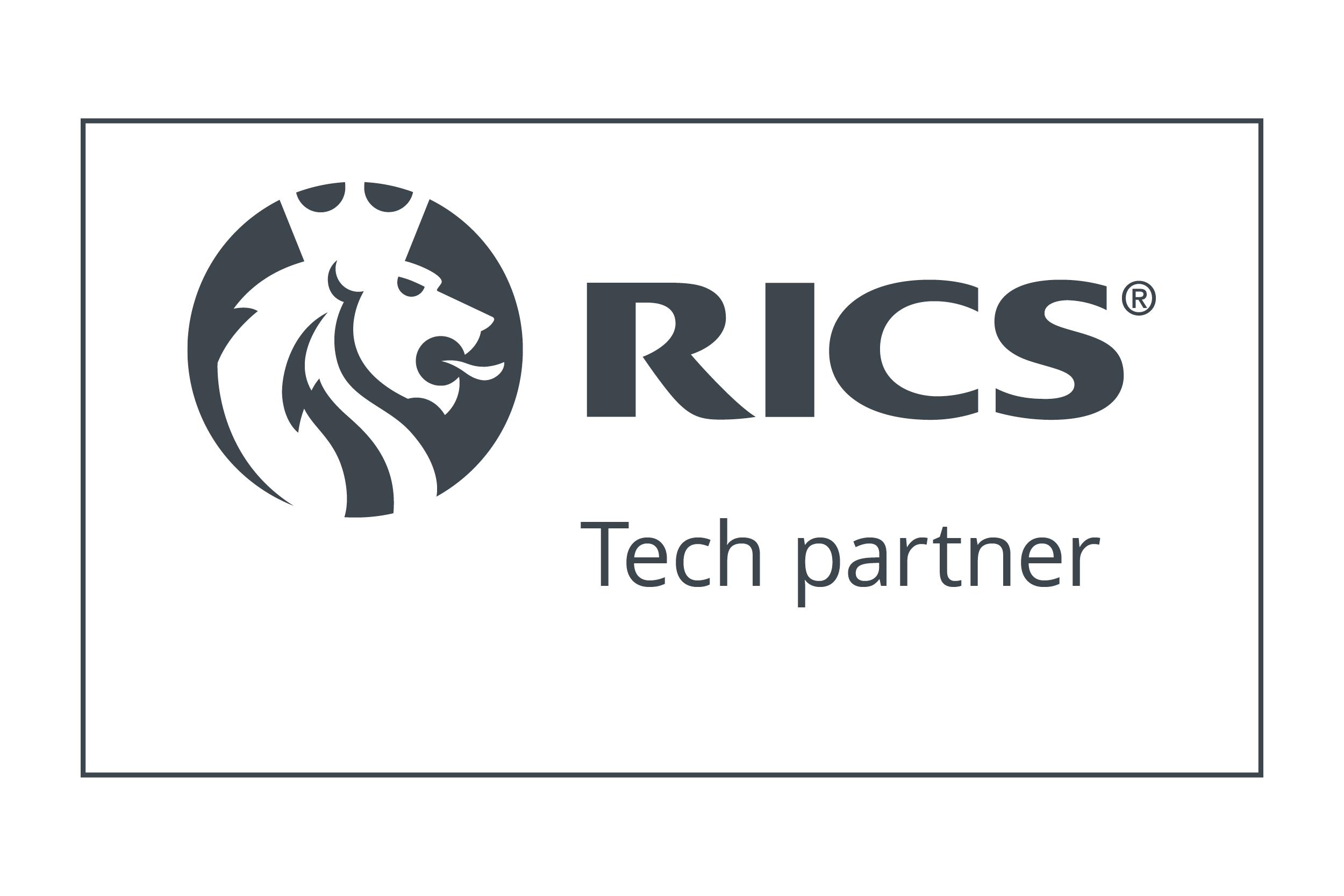Food hygiene standards are vital for monitoring the health and safety practices of most retail organisations and have uses beyond restaurants, including supermarkets, fast food chains and bars & clubs.
Though only restaurants are required to publicly display their hygiene ratings, the pandemic has driven more and more consumers to pay attention to the hygiene standards of the venues they go to.
As we progress through the pandemic and beyond, businesses will need to improve their cleaning inspection processes to ensure they are protecting their customers and demonstrating to them that their health is of the utmost importance.
Cost of fines for health & safety offences
For extreme breaches of health and safety regulations, businesses run the risk of incurring fines as well as losing customers – a combination that can in some instances run a business into the ground.
For small businesses, low culpability starts at £300 while high culpability could cost you as much as £450,000. For larger businesses, this ranges from £6,000 to £3m.
The cost of these fines increased in 2019 to better align with the seriousness of offences committed. This resulted in Tesco receiving a record fine of £7.6m for selling food past its use-by date in 3 stores.
However, while the cost of these fines has increased, the frequency has been gradually reducing.
Total fines for health & safety offences
https://www.hse.gov.uk/statistics/enforcement.htm
Health and safety offences have been falling since their peak in 2017/18. They’re currently down almost £50m a year as businesses are more aware of the requirements and follow them more closely.
As a general rule, the hygiene quality of British retail properties is good, with just less than 10% of businesses receiving a rating of 3 or below. However, there is still room for improvement through rigorous hospitality inspections and improvements in facilities management.
Hygiene performance of all UK retail businesses
The majority of retail businesses in the country hold a rating of 5, proving that cleanliness across the board is high and that the rating system is working to keep businesses striving for the highest marks. Only 0.16% have a rating of 0 but this still represents almost 1,000 businesses across the country.
Loss of business from poor hygiene
A survey by NFU Mutual found that 34% of respondents would choose to shop elsewhere in the event of a poor hygiene rating and that 63% expected good scores from butchers, bakeries and grocers while 46% expected the same of supermarkets.
A study by Checkit also found that 66% of people stated that unclean premises would be the primary reason for not returning to a business. 75% of consumers also said they would never return to a business that had experienced a food hygiene incident. This highlights the vital importance of maintaining strong hygiene standards to generate a customer base and keep them returning, which is essential to the health of a business.
Covid focus on hygiene
The increased focus on hygiene has been considerably influenced by the pandemic. A survey by P&G Professional revealed that 64% of shoppers in 2020 consider a clean shop and good hygiene rating as the most important factor when shopping, a nine-point rise from the same survey carried out in 2019.
The survey also notes that, since the outbreak of the pandemic, four in 10 adults are more likely to report issues with hygiene in their local takeaways, meaning it’s never been more important to maintain hygiene standards and demonstrate them to your customers.
How the UK’s fast food chains perform, according to the Food Standards Agency
| Brand | Overall stores | 5 Rating | Rating 3 or Below | % of 5 | % of 3 or Below |
| Five Guys | 111 | 110 | 0 | 99.10% | 0.00% |
| Nandos | 422 | 418 | 0 | 99.05% | 0.00% |
| Dominos | 1069 | 1031 | 7 | 96.45% | 0.65% |
| McDonald’s | 1253 | 1205 | 10 | 96.17% | 0.80% |
| Greggs | 1804 | 1701 | 6 | 94.29% | 0.33% |
| Pret a Manger | 384 | 360 | 3 | 93.75% | 0.78% |
| Starbucks | 939 | 877 | 9 | 93.40% | 0.96% |
| Costa | 1512 | 1383 | 23 | 91.47% | 1.52% |
| Burger King | 468 | 423 | 6 | 90.38% | 1.28% |
| KFC | 854 | 749 | 7 | 87.70% | 0.82% |
| Subway | 1990 | 1654 | 76 | 83.12% | 3.82% |
| Caffe Nero | 593 | 485 | 21 | 81.79% | 3.54% |
| Papa John’s | 405 | 331 | 20 | 81.73% | 4.94% |
| Pizza Hut | 519 | 411 | 25 | 79.19% | 4.82% |
| Total | 12323 | 11138 | 213 | 90.38% | 1.73% |
Fast-food chains in the UK have a strong hygiene record, with only a handful receiving ratings below 3. This is likely due to the ability to standardise and share practices throughout franchises, as well as an enhanced public presence which requires strongly maintained perceptions of hygiene.
How the UK’s supermarkets perform, according to the Food Standards Agency
| Brand | Overall Stores | 5 Rating | Rating 3 or Below | % of 5 | % of 3 or Below |
| Aldi | 744 | 742 | 1 | 99.73% | 0.13% |
| Waitrose | 341 | 335 | 0 | 98.24% | 0.00% |
| Marks & Spencer | 457 | 442 | 2 | 96.72% | 0.44% |
| Sainsburys | 1225 | 1184 | 7 | 96.65% | 0.57% |
| Iceland | 726 | 692 | 5 | 95.32% | 0.69% |
| Lidl | 703 | 655 | 2 | 93.17% | 0.28% |
| Tesco | 2228 | 2061 | 9 | 92.50% | 0.40% |
| Morrisons | 466 | 429 | 4 | 92.06% | 0.86% |
| Asda | 530 | 475 | 11 | 89.62% | 2.08% |
| Co-op | 2369 | 2100 | 45 | 88.64% | 1.90% |
| Total | 9789 | 9115 | 86 | 93.11% | 0.88% |
For supermarkets, the requirement to maintain hygiene standards isn’t as pressing as fast-food chains, as the result don’t need to be displayed in the same way by law. However, top-tier hygiene standards of the biggest supermarket chains are probably the result of standardisation and organisation which can be shared across hundreds of stores at a time.
Improving food hygiene standards
For businesses of any size, there are a few key steps that can be taken to ensure hygiene practices are followed and monitored, making it easier to improve them over time or maintain the high standard you’re already following.
Centralisation & Digitisation
Whether you have one premises or several, centralisation and digitisation enable you to keep all your records in one place and have a more accurate historical record of your hygiene practices. This can be useful evidence for inspections and helps you track changes and improvements in your systems.
In a time-strapped environment like most retail businesses, paper records can often be forgotten or lost, meaning the same mistakes can go unnoticed, costing you at inspection.
Team awareness
Food retail businesses are fast-paced environments where members of your team often have to make independent decisions. Ensuring every member of your team understands your goals, the importance of your standards and the work they should be doing to reach them will help inform their decisions even when working independently.
Hygiene is everybody’s responsibility, so ensuring your whole team is on the same page and that everyone is receiving regular updates on improvements and changes to practice will make the goal of a higher rating more achievable.
Food hygiene training
Even experienced members of staff may need a refresher course on hygiene practice. The Food Standards Agency also has guidelines for how to evidence each rating, meaning training in areas you’re unsure of or have been marked down in can help fill the gaps in the knowledge of your team.
By implementing software that can track, manage and streamline all inspection and checklist processes, you can mitigate any risks to staff and customers and increase ratings. To see how Property Inspect can benefit your business, Hospitality Inspection Software.












